Allergies in Pit Bulls — Causes, Symptoms, and Treatments
Many pit bull owners face the same frustrating question — why does my dog keep scratching and developing red, irritated skin? This problem often points to allergies in pit bulls. If ignored, it can worsen into infections and constant discomfort. The good news is that with the right knowledge and care, you can help your pit bull live comfortably without chronic itching or allergies.
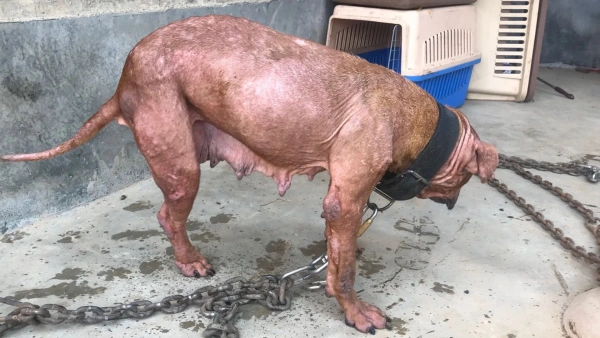
Understanding Allergies in Pit Bulls
1. What Causes Allergies in Pit Bulls?
Environmental factors: Dust mites, pollen, mold, and grass are common triggers of common pitbull allergies.
Food sensitivities: Some dogs react to common proteins such as beef, chicken, or dairy.
Flea bites: Even one bite can cause severe itching in pit bulls with sensitive skin.
Contact irritants: Shampoos, cleaning products, or certain fabrics can cause localized allergic reactions.
2. Are Pit Bulls Hypoallergenic?
Despite popular belief, pit bulls are not hypoallergenic. While they have short coats and minimal shedding, they still produce dander and saliva proteins that can trigger human allergies. Similarly, their skin is prone to dryness and inflammation, making them more likely to develop pitbulls and skin allergies themselves.
Recognizing Allergy Symptoms
1. Common Pit Bull Allergy Signs
Constant scratching, licking, or chewing, especially around paws, belly, or ears.
Red or inflamed skin with scabs or hair loss.
Chronic ear infections with foul odor.
Watery eyes, sneezing, or skin flakes.
Gastrointestinal issues like soft stools or vomiting after meals.
2. How to Differentiate from Other Issues
If your pit bull scratches occasionally, it might not be an allergy. However, persistent skin irritation, ear redness, or recurrent infections are warning signs that point to common pitbull allergies rather than occasional sensitivity.
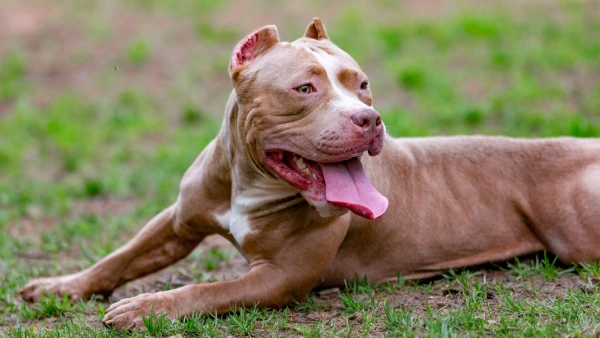
Treating Pit Bull Allergies Effectively
1. Veterinary Diagnosis
Your vet may perform skin scrapings or blood tests to identify allergens.
Food elimination trials are common to detect specific food triggers.
In some cases, allergy shots or oral immunotherapy are prescribed to reduce sensitivity.
2. Home Care and Relief
Bathe your dog weekly with an oatmeal or hypoallergenic shampoo to remove allergens.
Keep your dog’s bedding and environment clean and dry to prevent dust and mold buildup.
Use natural moisturizers like coconut oil to soothe dry, itchy skin.
Feed limited-ingredient diets using novel proteins such as salmon, duck, or lamb.
What Is the Best Diet for Pit Bulls with Allergies?
1. Choose High-Quality Protein Sources
Switch from common meats like chicken or beef to alternatives such as salmon, turkey, or venison.
Novel proteins are less likely to trigger pitbulls and skin allergies.
2. Avoid Common Allergens
Stay away from soy, corn, wheat, and artificial additives.
Opt for grain-free or limited-ingredient diets formulated for dogs with sensitive skin.
3. Recommended Dog Foods
Hydrolyzed protein formulas (prescription-based) for severe food allergies.
Salmon and sweet potato recipes for omega-rich skin support.
Lamb and rice blends for dogs transitioning from food sensitivities.
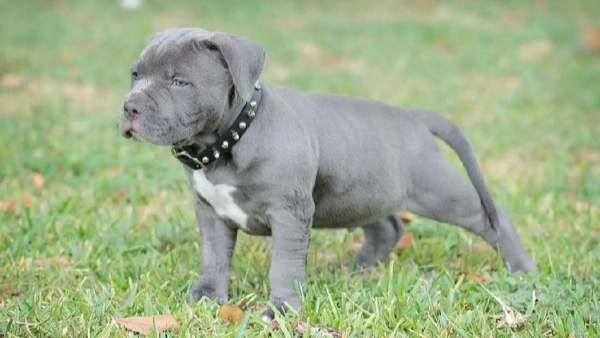
How to Help a Pit Bull with Allergies
Maintain regular vet check-ups to monitor skin and digestion health.
Consider probiotic supplements to boost gut and immune function.
Brush your pit bull’s coat weekly to remove allergens and improve circulation.
Provide a balanced diet with omega-3 fatty acids for anti-inflammatory support.
Common Mistakes to Avoid
Using human shampoos or harsh cleaners that irritate your dog’s skin.
Ignoring diet adjustments when allergy symptoms persist.
Skipping flea prevention, which can trigger or worsen skin allergies.
Everything Our Vets Recommend
Allergies in Pit Bulls FAQs
What are pit bulls most allergic to?
Pit bulls are often allergic to chicken, beef, dairy, or grains like corn and wheat. Environmental allergens such as pollen, grass, and dust mites are also common triggers of common pitbull allergies.
What can I feed my pit bull for allergies?
Feed a limited-ingredient diet made with novel proteins like duck, salmon, or venison. Adding omega-3 supplements helps soothe inflammation caused by pitbulls and skin allergies.
What is the allergy season for pit bulls?
Spring and fall are peak allergy seasons due to pollen and mold. Keeping your pit bull indoors during high pollen days and cleaning paws after walks can reduce allergic reactions.
What foods are harmful to pit bulls?
Never feed chocolate, onions, grapes, or artificial sweeteners. For dogs with allergies, also avoid soy, dairy, and processed treats containing additives or colorants.
Conclusion
Dealing with allergies in pit bulls requires patience and consistency. By identifying triggers, improving diet, and maintaining good hygiene, your dog can enjoy healthy skin and a happy life. If your dog shows severe or recurring allergic symptoms, consult your veterinarian for tailored treatment. Managing pitbulls and skin allergies early ensures long-term comfort and fewer flare-ups.
You May Like:
- Best Food for English Bulldog with Skin Allergies in 2025
- Home Guide: How to Treat Flea Allergy Dermatitis in Dogs
- Allergic Reaction to Fleas on Dogs: What Vets Wish You Knew
- Best Dog Food for Allergic Dogs: Vet Picks You Can Trust
User Comments
Does flea treatment kill ear mites too?
Can dogs take human probiotics?
Can dogs have people probiotics safely?
Related Articles
View all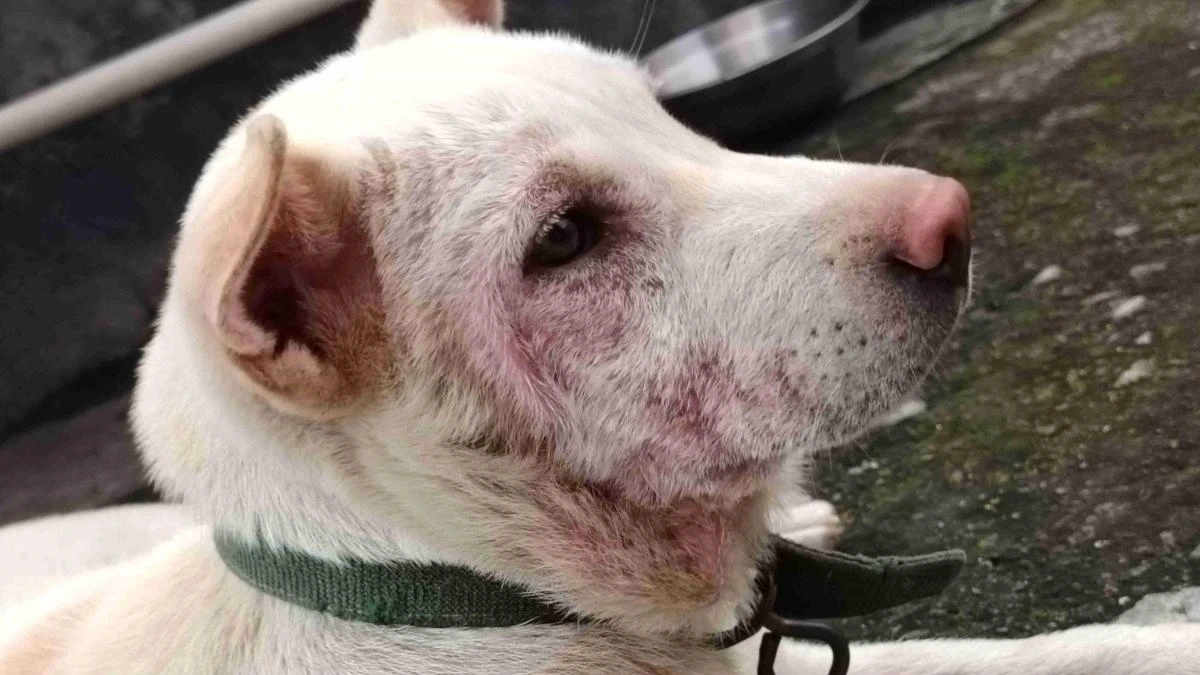
How to Get Rid of Dog Allergies Naturally: Common Mistakes

Dog Allergic Reaction Eye Swelling: Hidden Mistakes to Avoid
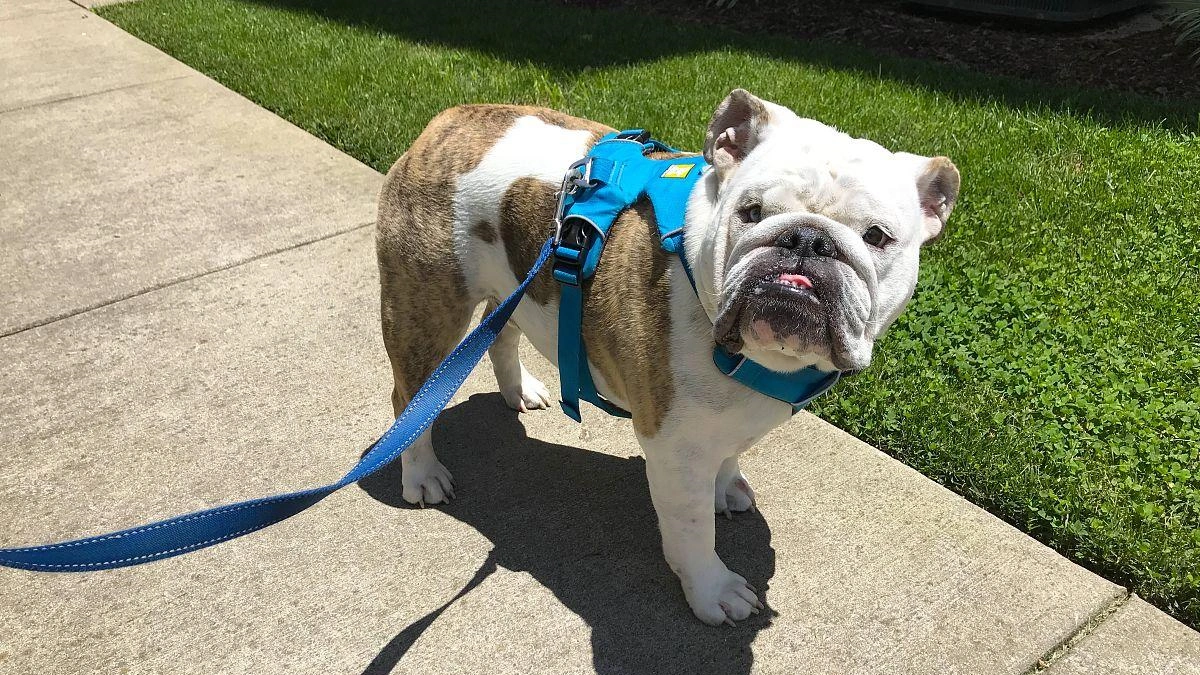
Why Do Bulldogs Scratch? Bulldog Skin Allergies Guide
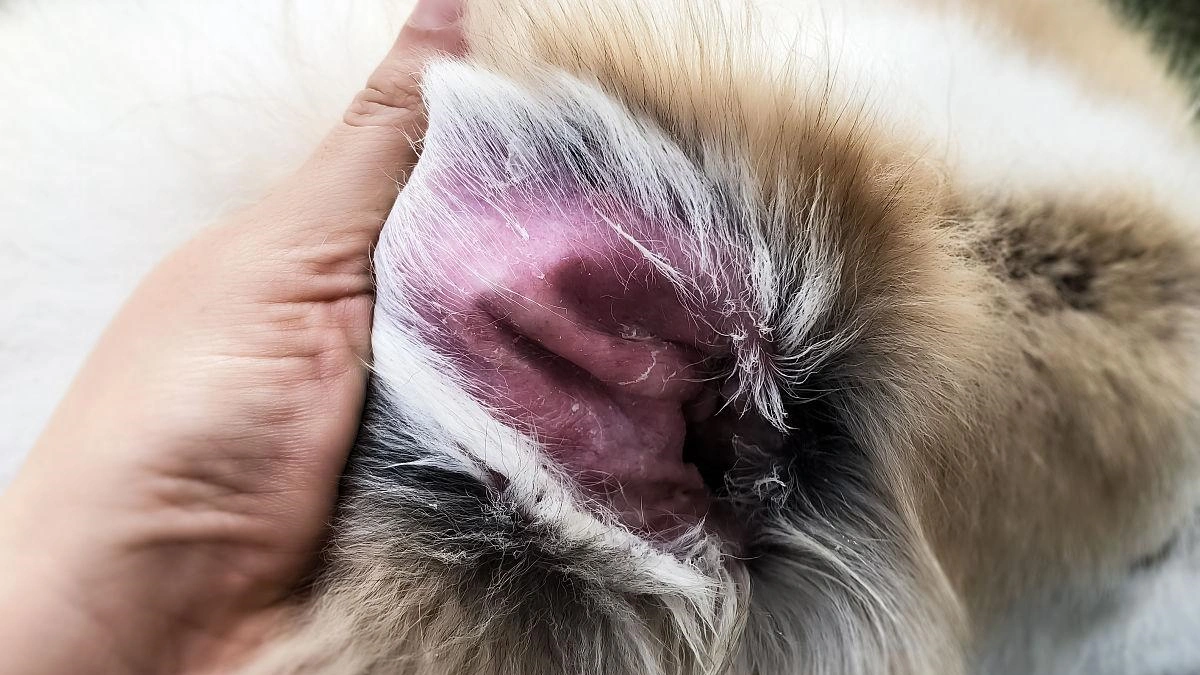
Cure for Dog Skin Allergies Owners Often Miss

How to Get Rid of Dog Allergies Naturally: Common Mistakes

Dog Allergic Reaction Eye Swelling: Hidden Mistakes to Avoid

Why Do Bulldogs Scratch? Bulldog Skin Allergies Guide

Cure for Dog Skin Allergies Owners Often Miss
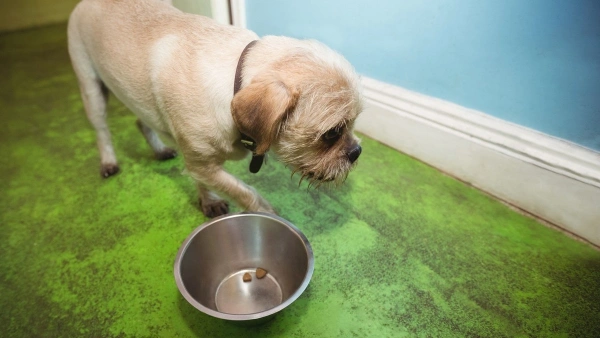
Vet-Recommended Wet Dog Food for Sensitive Stomachs — 2025 Guide
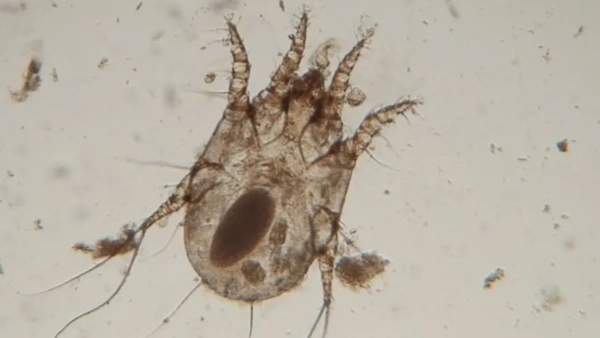
Dog Dust Mite Allergy: Symptoms, Treatment, Prevention

Can Allergies in Dogs Cause Diarrhea and Vomiting? Explained

10 Pitbull Health Problems You Should Know in 2025 — Tips
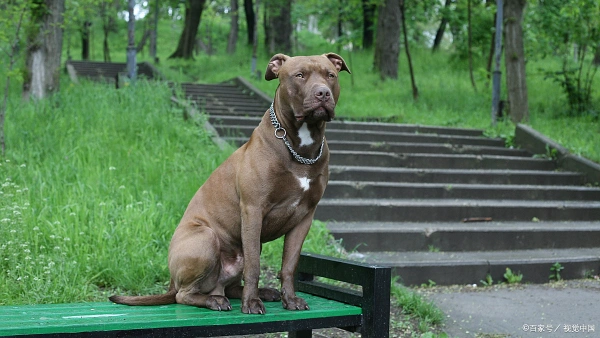

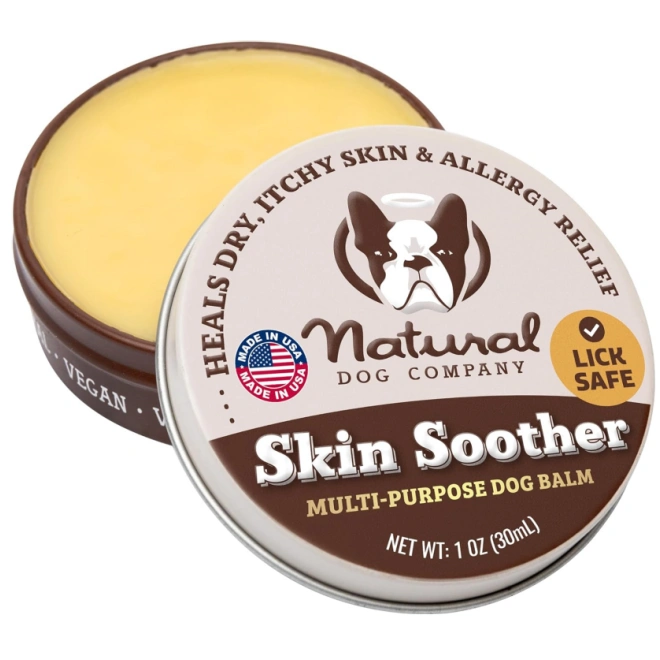
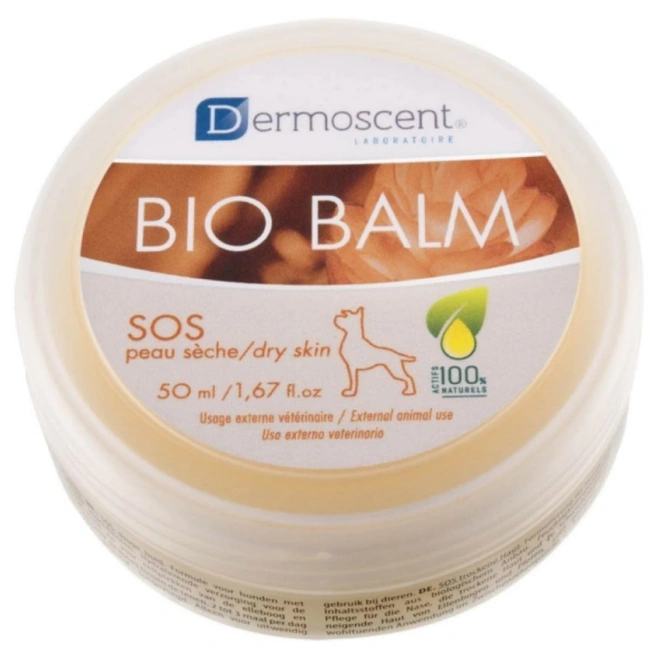
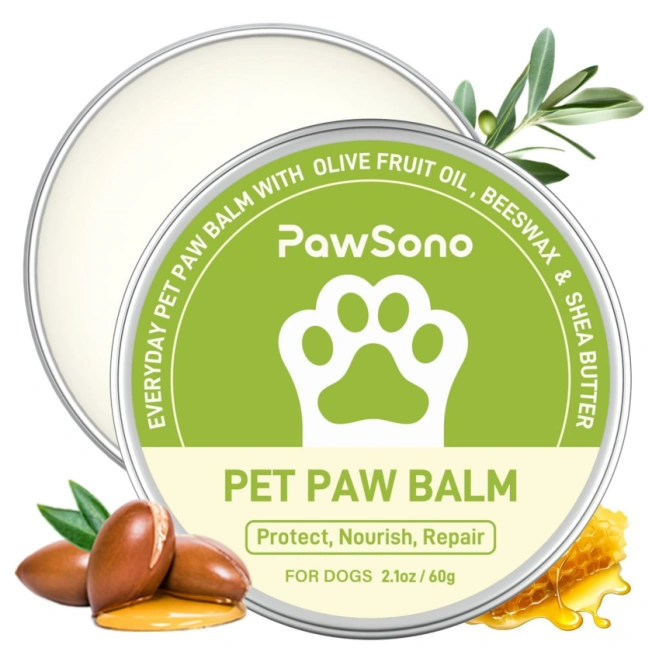
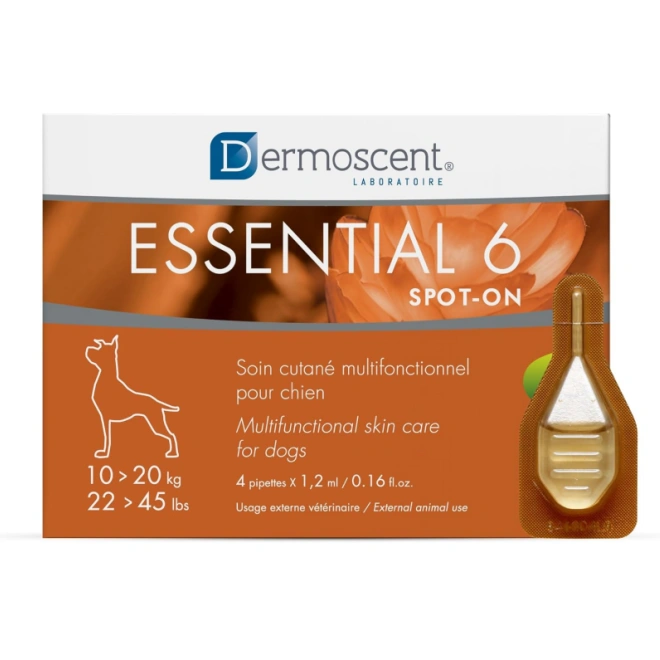








Leave a Reply